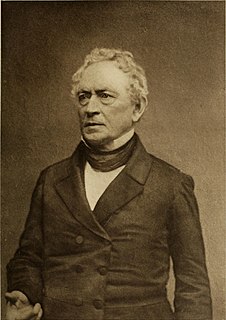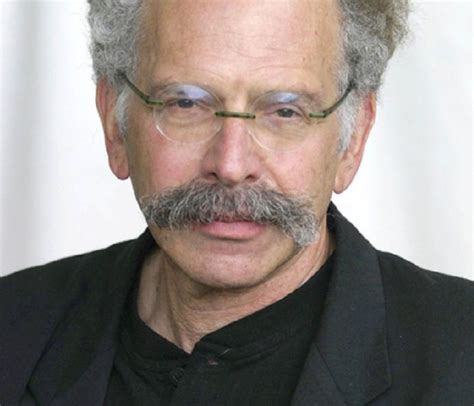A Quote by Tacitus
This I regard as history's highest function, to let no worthy action be uncommemorated, and to hold out the reprobation of posterity as a terror to evil words and deeds.
Related Quotes
An earthly immortality belongs to a great and good character. History embalms it; it lives in its moral influence, in its authority, in its example, in the memory of the words and deeds in which it was manifested; and as every age adds to the illustrations of its efficacy, it may chance to be the best understood by a remote posterity.
For, owners of their deeds (karma) are the beings, heirs of their deeds; their deeds are the womb from which they sprang; with their deeds they are bound up; their deeds are their refuge. Whatever deeds they do-good or evil-of such they will be the heirs. And wherever the beings spring into existence, there their deeds will ripen; and wherever their deeds ripen, there they will earn the fruits of those deeds, be it in this life, or be it in the next life, or be it in any other future life.
No matter your situation, you can make family history a part of your life right now. Primary children can draw a family tree. Youth can participate in proxy baptisms. They can also help the older generation work with computers. Parents can relate stories of their lives to their posterity. Worthy adult members can hold a temple recommend and perform temple ordinances for their own kin.
History in Burckhardt's words is 'the record of what one age finds worthy of note in another.' The past is intelligible to us only in light of the present; and we can fully understand the present only in light of the past. To enable man to understand the society of the past and to increase his mastery over the society of the present is the dual function of history.






































